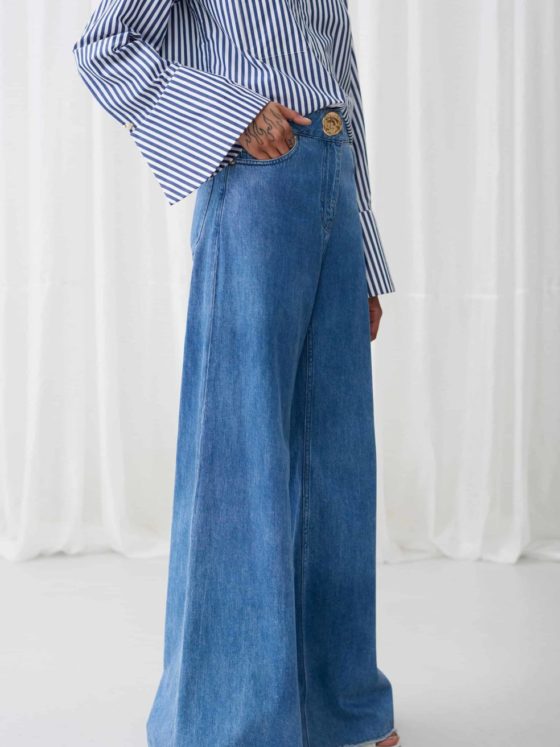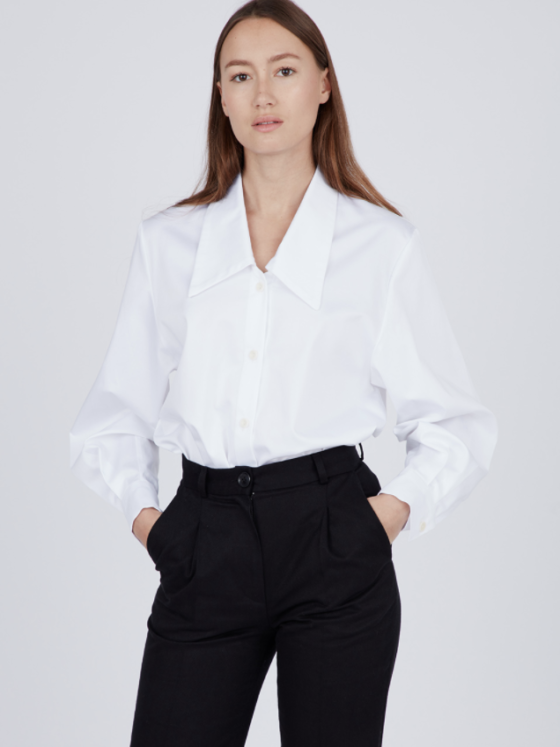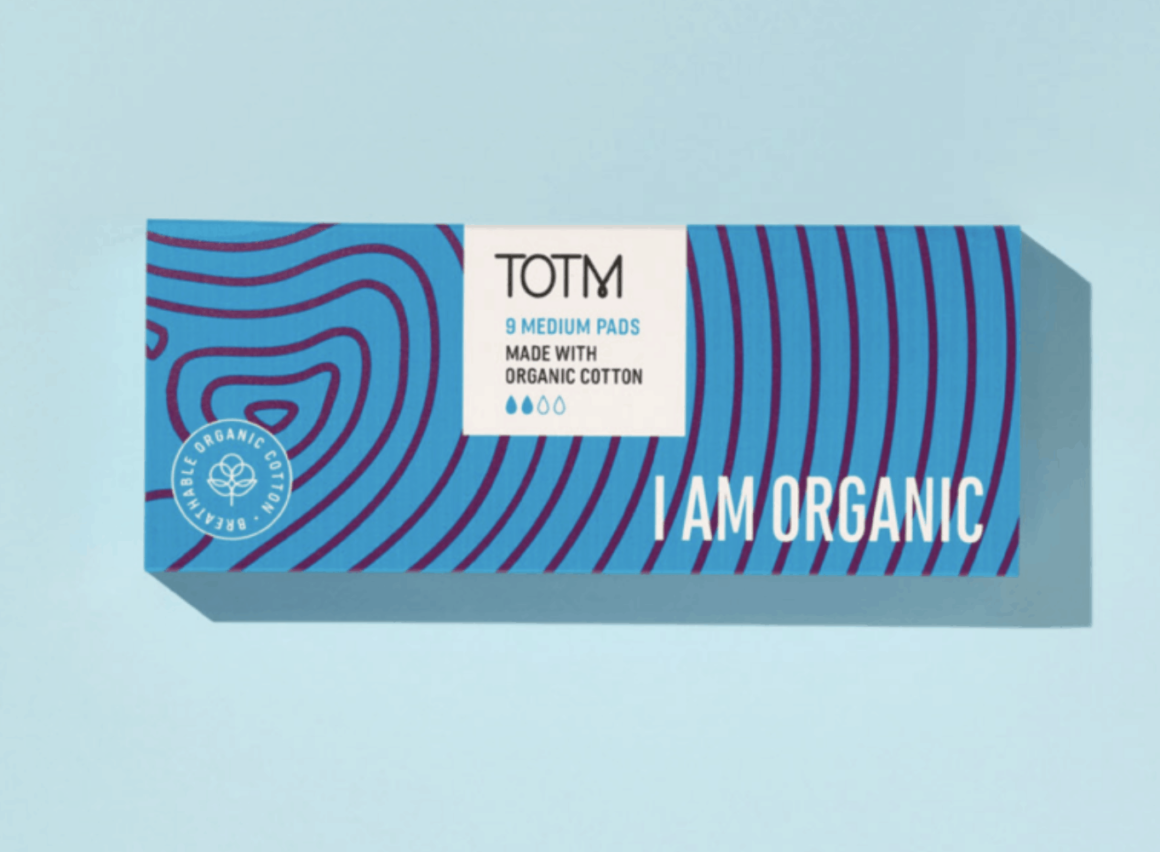
By Beatrice Tridimas
Organic September is back, and so let’s find out why exactly you should be buying organic cotton (and what products to buy) to keep you warm this coming winter.
What is organic cotton
What exactly does it mean for something to be organic? Well, it means that farming processes need to adhere to certain agricultural standards which ensure that crops, such as cotton, are grown naturally, and the people and nature involved aren’t harmed by the use of artificial stimulants.
No toxic chemicals are permitted in organic farming. Instead, fertilisers made from compost or manure and, occasionally, pesticides deemed natural are used. Cotton crops thrive off the natural environment, facilitating the growth of other organic produce and benefitting the entire farming system as a whole.
Switching to organic cotton has far reaching effects and can benefit entire communities, build new ecosystems and promotes a truly sustainable practice.
A happier planet
Think of buying organic cotton like choosing to shower rather than bathe. The quality is consistent, the production efficient, and it saves a considerable amount of water. Chemical-free soil is able to retain more water, allowing crops to be rainfed, and thus using 91% less water than in non-organic practices.
In contrast, it takes up to 20,000 liters of water to produce 1kg of non-organic cotton. To put that in perspective, that is roughly 111 full-to-the-brim baths needed for not even a tap-end’s worth of cotton.
Furthermore, growing cotton without chemicals is thought to produce up to 94% less GHG emissions than conventional farming. Many farmers aim to be carbon neutral, using biogas or solar energy in their cotton production, boosting the sustainability of local economies.
Neglecting nasty chemicals make for a healthier soil, which makes for a happier planet. Animals and plants are encouraged to thrive in the local environment and local water sources remain clean and uncontaminated. Organic cotton farming gives back to the planet what other farming takes away – supporting this in our buying choices is one step towards a more sustainable future.
Manufacturing Communities
Organic farming doesn’t just reap environmental benefits, it is also much healthier and more sustainable for manufacturing communities.
TRAID is a charity promoting sustainable clothing practices and has been funding an organic cotton project in Ethiopia for the past four years. Over this time, organic cotton farmers have earned, on average, 40% more than those working on non-organic farms. Chemical-free practices enable farmers to retain income they would otherwise spend on expensive pesticides and protects them from constant exposure to harmful toxins.
Every year, 77 million cotton workers suffer poisoning from the harsh chemicals they are using. Spending more on organic cotton benefits the health of millions of people all over the world.
Moreover, organic cotton farms are at the center of local economic development. The cotton is grown in rotation with various food crops, allowing farmers multiple sources of income. This has the added benefit that the healthiest foods are produced for farming communities, and local trade and markets evolve.
Cottonseed is also grown locally, building businesses and maintaining trade within the community. Looking at the bigger picture, organic cotton production can help countries to achieve their sustainable development goals.
For a full outline, check out this report by Textile Exchange.
Who runs the world? Girls!
As with everything in modern life, there ought to be a space dedicated to female empowerment. In this the organic cotton industry succeeds, placing women in managerial and leadership positions that would otherwise be unavailable to them.
Around 10% of certified organic cotton farmers are women. Women are at the center of local organic markets, running organic cotton cooperatives, selling seed and opening textile businesses.
The organic cotton industry provides opportunities for women beyond typical roles in farm labour, placing them at the forefront of a sustainable future.
Us
For the skeptics unconvinced by all of the positives so far, rest assured that in buying organic cotton there’s something in it for you.
- Firstly, the production of organic food alongside cotton brings healthier food into the market not just for manufacturing communities but for us too. That’s more nutrients and less harmful chemicals courtesy of a top-quality tee!
- Secondly, buying organic cotton menstrual care is a must. If the environment can’t tolerate nasty chemicals, why should our intimate environments be able to?
Processed cotton traps heat and germs which not only makes for an uncomfortable wear, but increases the likelihood of infection. Why not be kinder to your body and the environment by using 100% organic cotton tampons or pads to cushion your menstrual woes!

Beatrice Tridimas
Beatrice is an ethicist and book-lover, pursuing her passion for writing at KeiSei whilst studying for a masters degree at UCL. She graduated from the University of Edinburgh earlier this year.













1 comment
Comments are closed.